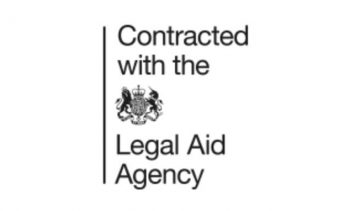
What is a caveat?
This is a formal notice that is lodged at the probate registry. Essentially, the purpose of the notice is to stop the grant of probate or letters of administration from being issued once the caveat is in place and the person who entered the caveat is being notified. During this period, the estate administration is put on hold until the caveat is removed, either by agreement or by court order.
Reasons why you should consider entering a Caveat
One of the more reasons is that people who enter a caveat doubts the validity of the Will.
Other reason includes where the person who entered the caveat believes that the deceased did not make a valid Will. The suitability of the person administering the estate is one of the reasons why people enter a caveat.
How long does a caveat last?
A caveat remains in place for six months from the date it is entered. A month before the expiration of the caveat, the caveator may apply for a further extension of six months with a fee payable.
A person who disagrees with the entering of a caveat and wishes to apply for a Grant may issue a Warning Notice against the caveat.
after the service of this warning, if the caveator wishes the caveat to remain in place, they must submit an Appearance to the Probate Registry within 14 days, setting out their contrary interest in the Deceased’s estate and their reason for the entry of the caveat.
If the caveator does not enter an ‘appearance’, then their caveat will be removed automatically by the probate registry. If they do, the caveat will remain in place until they reached an agreement.
If an agreement is not reached, the probate registry will list this matter for a hearing, and this is where matters can become expensive.
Based on our experience at the firm of Adel Jibs, matters relating to caveats are often resolved at an early stage either by initial negotiation or following the warning.
There is a fee of £20 to extend a caveat.
Summary
If you are considering entering a caveat, we will let you know that entering a caveat at the probate registry should only be used if a caveator has a genuine interest in the estate and wishes to oppose the issue of a grant.
For more information about caveats, or any other aspect of contesting a Will, please get in touch with Adel Jibs today or call 02034173859
A member of our estate administration team will be happy to arrange a free consultation between you and one of our experienced solicitors to discuss the options available to you. Our Solicitors in Enfield are here to help.



5 thoughts on “A GUIDE TO CAVEAT IN ESTATE ADMINISTRATION”
Pingback: What's a Bundle?
Pingback: Control your future with a Power of Attorney
Pingback: Millions of pensioners are still without Wills or LPAs
Pingback: A Second Opinion
Pingback: What will happen to your cryptocurrency if you die ? - Adeljibssolicitors